SUMMARY
This is AI generated summarization, which may have errors. For context, always refer to the full article.
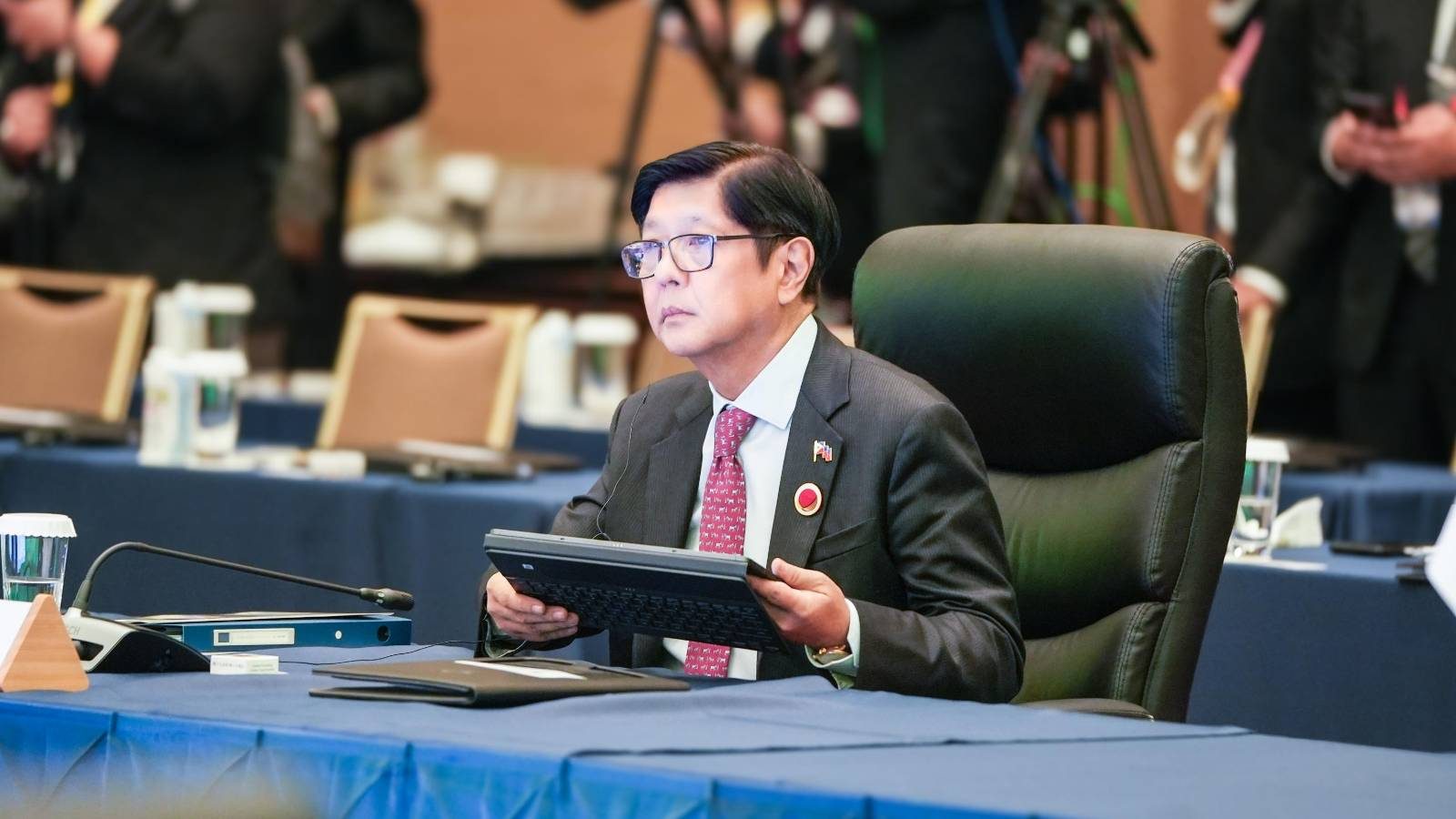
MANILA, Philippines – President Ferdinand Marcos Jr. signed the 2024 national budget, but vetoed two sections.
His explanation was contained in a December 20 letter to House Speaker Martin Romualdez, although Malacañang has yet to release a copy of that letter.
Portions of that letter, however, were quoted by the Presidential Communications Office in a press release sent to the media on Friday, December 22.
Here are the vetoed provisions, and President Marcos’ justification.
1. DOJ’s revolving fund
As of writing, the Department of Budget and Management (DBM) has yet to upload a full copy of the 2024 General Appropriations Act (GAA), the formal title for the budget, but apparently, Congress approved a special provision in the budget of the Department of Justice’s (DOJ) Office of the Secretary on the creation of a revolving fund.
A revolving fund, simply put, is a fund that can be used to finance an agency’s ongoing operations because it is always replenished with repayments.
A 2011 document from the DBM said income derived by the national government from rentals for the use of facilities, or from fees for board and lodging, may make up a revolving fund that can be utilized for the maintenance and other operating expenses of these facilities.
It added that revolving funds can only be created in cases where they are explicitly authorized by law.
But Marcos said no law authorizes the DOJ to establish a revolving fund, and the purpose indicated is not for business-type activities anyway.
“It may be emphasized that the service fees sought to be charged and collected are to be imposed upon complaints and affidavits filed with the National Prosecution Service, and petitions for review filed before the DOJ, when, in fact, such pleadings are filed with the said agencies by virtue of their jurisdiction vested by law,” Marcos added.
The 2023 budget of the DOJ did not have a special provision on a revolving fund.
2. Implementation of the Career Executive Service Development Program
Marcos also rejected Section 38 under the general provision of the GAA, pertaining to the national government’s implementation of the Career Executive Service Development Program.
The Career Executive Service (CES) was created in 1972 under the Marcos Sr. administration “to form a continuing pool of well-selected and development-oriented career administrators who shall provide competent and faithful service.”
Under the concept of CES, career executive service officers are given ranks and CES positions.
Marcos pointed out that the Career Executive Service Board (CESB), created by virtue of his father’s Presidential Decree 336, already governs the CES.
He added that the CESB’s mandate was already further delineated because the Development Academy of the Philippines (DAP) was tasked to come on board and “prepare a CES program appropriate and necessary for the organization and operation of the CES.”
As of 2023, both CESB and DAP have their own, separate budgets in the GAA. For the President, this may have removed the need for a separate section under the general provisions of the 2024 GAA.
“In vetoing such section, he said that the section does not relate to any particular appropriation in this budget,” the PCO said.
What happens next
Article 6, Section 27 of the Constitution states that the President has the power to veto any bill passed by Congress, or veto any particular item in an appropriation bill.
The legislative branch also has the power to override that veto by a vote of two-thirds of all the members of both chambers of Congress.
Lawmakers have not quashed a veto made by the President on a bill in recent history.
– Rappler.com
Add a comment
How does this make you feel?
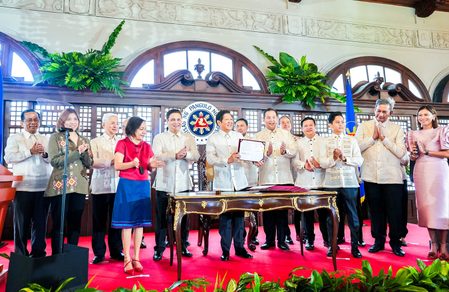
![[In This Economy] Why Marcos is getting high on unprogrammed funds](https://www.rappler.com/tachyon/2024/07/TL-marcos-program-funds-july-19-2024.jpg?resize=257%2C257&crop=265px%2C0px%2C720px%2C720px)
![[In This Economy] Is the Marcos government unlawfully dipping into PhilHealth funds?](https://www.rappler.com/tachyon/2024/07/marcos-government-philhealth-funds-july-12-2024.jpg?resize=257%2C257&crop=425px%2C0px%2C1080px%2C1080px)


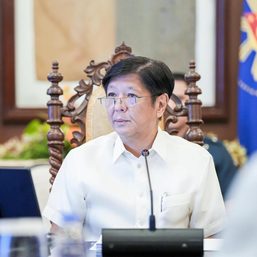








![[Just Saying] SONA 2024: Some disturbing points](https://www.rappler.com/tachyon/2024/07/TL-marcos-sona-points-july-23-2024.jpg?resize=257%2C257&crop=335px%2C0px%2C720px%2C720px)

![[OPINION] Unpaid care work by women is a public concern](https://www.rappler.com/tachyon/2024/07/20240725-unpaid-care-work-public-concern.jpg?resize=257%2C257&crop_strategy=attention)


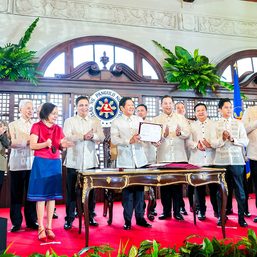
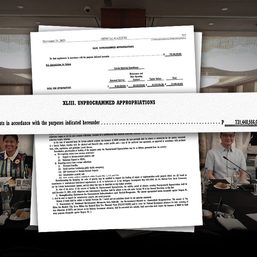
There are no comments yet. Add your comment to start the conversation.